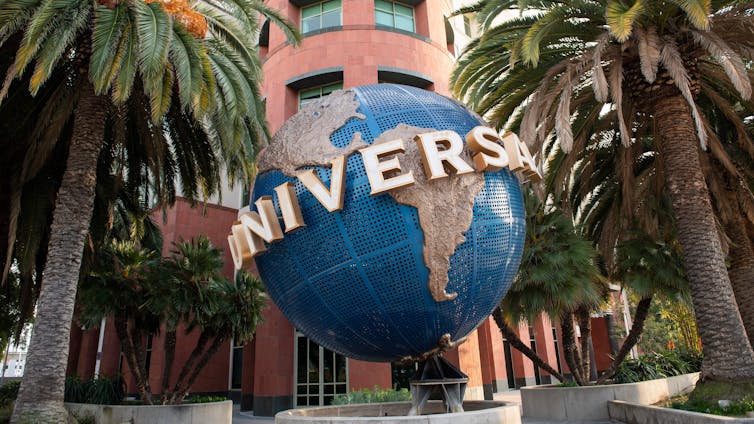Developer Offer
Try ImaginePro API with 50 Free Credits
Build and ship AI-powered visuals with Midjourney, Flux, and more — free credits refresh every month.
From Lawsuit to Partnership UMGs AI Music Pivot

From Legal Battle to Strategic Alliance
In a surprising turn of events, AI music company Udio recently announced an out-of-court settlement with Universal Music Group (UMG). This settlement resolves a major lawsuit where UMG, alongside Sony Music and Warner Records, accused Udio of copyright infringement. The core of the lawsuit, brought forward by the Recording Industry Association of America, was the allegation that Udio's text-to-audio software was trained on UMG’s extensive music catalogue without permission.
However, this isn't just a legal resolution. The two companies have also revealed a new “strategic agreement.” They plan to develop a new product trained exclusively and legitimately on UMG’s catalogue, ensuring it respects copyright from the ground up. While details about this new product are still under wraps, the agreement solidifies a powerful position for both Udio and UMG in the evolving AI music landscape.
A Win for Artists or Big Business
While some copyright advocates have celebrated the outcome as a victory for creators against so-called “AI theft,” the private nature of the settlement means key details, especially how artists will be compensated, remain unknown. To industry veterans, this move reflects the practical realities of music business politics. It was anticipated that many lawsuits between copyright holders and AI firms would end in private settlements, potentially including equity stakes for the labels.
These strategic partnerships are becoming a trend, allowing major labels to establish the rules for the new AI-music ecosystem. Just last month, Spotify announced a similar deal with UMG, Sony, and Warner to create “responsible AI products” across various applications, though specifics are scarce. Such arrangements empower music giants to profit from non-infringing AI uses and also take a share from uses that require copyright payments, like fan remixes.
The Challenge of Fair Compensation for Creators
Drew Silverstein, CEO of AI platform Amper Music, notes that with a major rights-holder like UMG actively engaging with generative AI, smaller players in the industry can no longer afford to wait and see. Yet, the path to ensuring individual creators benefit from these deals is far from clear.
Even when AI companies agree to license training data, there is no simple model for distributing revenue and attribution to the artists whose work formed the foundation of an AI model. Emerging companies like ProRata are working on “attribution tracing” technologies to track an AI's output back to its source data, which could theoretically be used to divide royalties. However, this approach would give immense economic power to complex and potentially contentious algorithms. For instance, how would an algorithm fairly decide which of the thousands of 1950s bebop recordings to credit for a bebop-style output?
An alternative, more direct approach is used by Adobe’s Firefly AI suite, which pays artists an “AI contributor bonus” based on their existing work's revenue. This is an imperfect proxy, as it doesn't directly measure a work's value to the AI system. The search for a fair attribution and revenue model in generative AI is plagued by solutions that are either arbitrary, opaque, or both. This creates a risk of easily exploitable systems that could push artists to create music that games the attribution algorithm, further exacerbating the challenges they already face navigating the complex rules of digital platforms.
Redefining Music in the Age of AI
Currently, individual artists lack clear, universal protection against their work being used to train AI models. Even with future opt-out possibilities, generative AI is set to create significant power imbalances. A model legally trained on UMG's vast catalogue—a huge portion of the world's most influential recorded music—will be capable of creating music in countless styles for numerous applications, potentially transforming our entire musical experience.
This new reality makes us question what we stand to lose. Academic research is increasingly viewing music at this scale as a collectively produced and shared cultural good that is sustained by human labor. Traditional copyright law, designed to incentivize individual creation, is ill-suited to protect this shared value in the face of AI. As AI and major labels forge licensing deals, the very idea of copyright as an incentive for originality is being tested. Perhaps the time has come to explore new ways to support and value original music.
Compare Plans & Pricing
Find the plan that matches your workload and unlock full access to ImaginePro.
| Plan | Price | Highlights |
|---|---|---|
| Standard | $8 / month |
|
| Premium | $20 / month |
|
Need custom terms? Talk to us to tailor credits, rate limits, or deployment options.
View All Pricing Details

